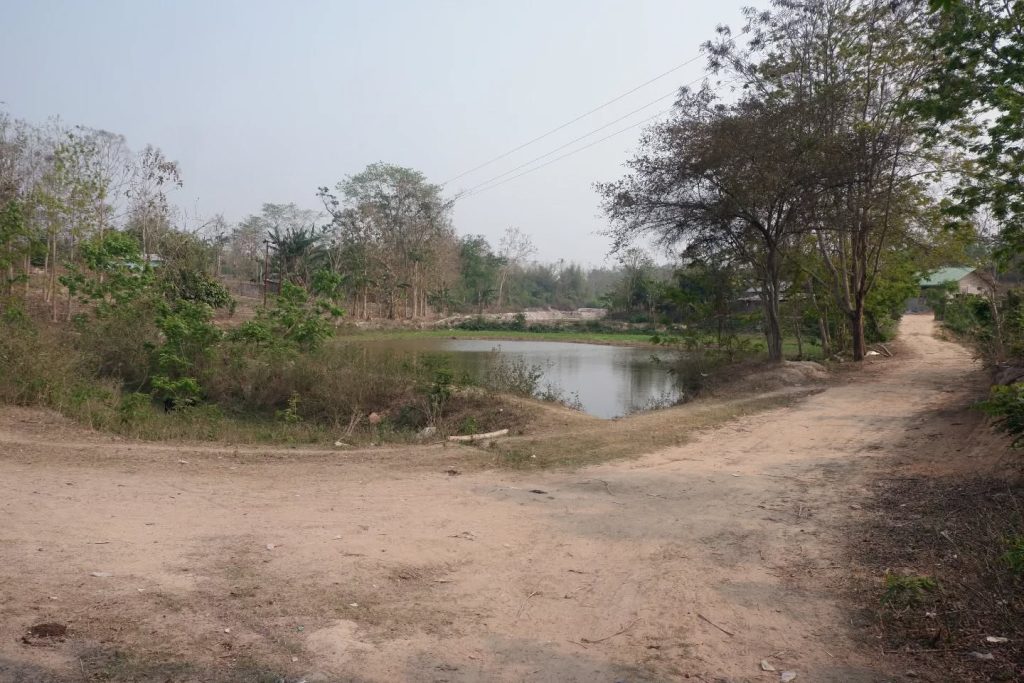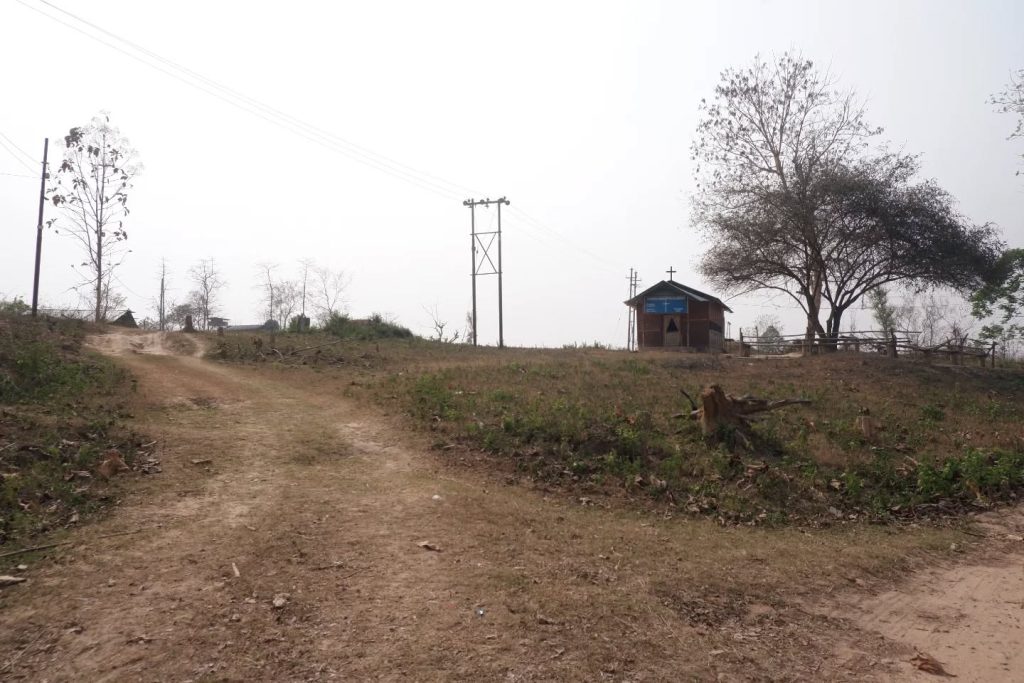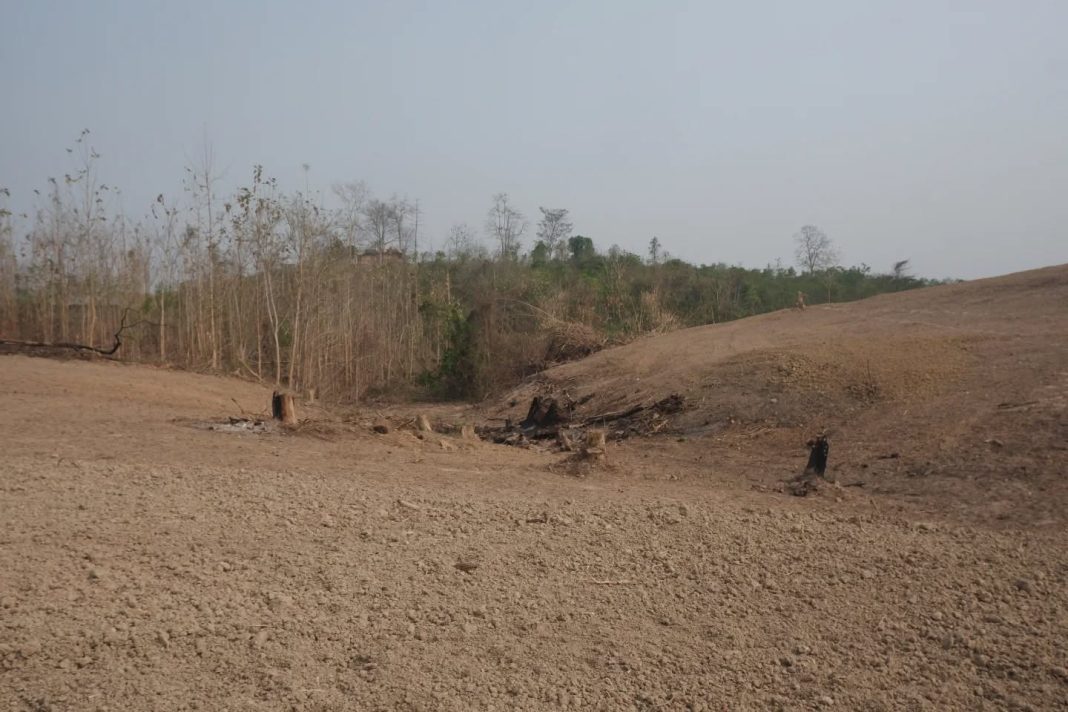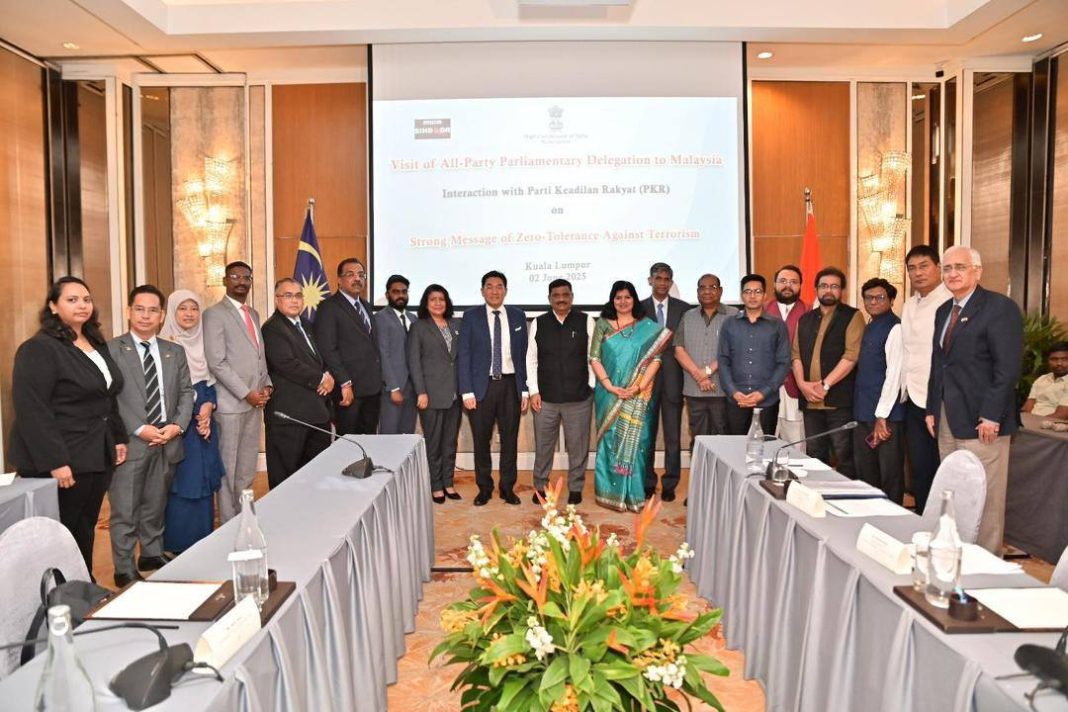
Guwahati, June 2: In a major setback to Assam’s renewable energy ambitions, the Asian Development Bank (ADB) has formally withdrawn a $434.25 million loan to the Assam Power Distribution Company Ltd. (APDCL) for a large-scale solar power project in Lahorijan, Karbi Anglong district.

The withdrawal (on May 28) follows the Indian government’s retraction of its request (on May 23) for financing amid mounting pressure and formal complaints from the Indigenous Peoples Party (IPP).

The loan was earmarked to fund a 1,000 MW solar photovoltaic facility with battery storage integration, along with distribution upgrades in the surrounding region. However serious concerns over alleged violations of indigenous land rights, forced displacement, and procedural irregularities ultimately led to the project’s derailment.
The controversy began in November 2024 when the IPP submitted the first of two formal complaints to ADB’s Compliance Review Panel (CRP), followed by a second in February 2025.
The complaints—filed on behalf of over 80 tribal villagers from 23 affected settlements—alleged that 18,000 bighas (approximately 2,400 hectares) of ancestral land had been allotted by the Karbi Anglong Autonomous Council (KAAC) to APDCL without proper consultation, transparency, or free prior informed consent, in violation of protections granted under India’s Sixth Schedule.
The complainants detailed issues ranging from forced land acquisition, loss of livelihood and agricultural sustainability, to cultural erosion and alleged exploitation of tribal ignorance and poverty. They also flagged alleged corruption in compensation processes, accusing middlemen of demanding bribes to include beneficiaries on the official displacement lists.

After a comprehensive review that included virtual meetings, a site visit, and discussions with local villagers, ADB’s CRP deemed the second complaint eligible for a full compliance review.
The panel noted serious gaps in the project’s adherence to ADB’s Safeguard Policy Statement (SPS, 2009), particularly around involuntary resettlement and Indigenous Peoples’ rights.
Before a compliance review could be launched, however, the Indian government—through its representative on ADB’s Board—formally withdrew its financing request on May 23. This made a review redundant, as the project was no longer under ADB’s purview. The ADB loan agreement, though approved on October 24, 2024, had not yet been signed.
With the project now defunded, ADB will publicly release the CRP’s Eligibility Report, including an addendum outlining the Indian government’s withdrawal, in line with its transparency policy.
The cancellation halts what was to be a flagship project for Assam’s transition to renewable energy. Beyond the $434.25 million loan from ADB, the project was to be co-financed by $129.77 million in private capital and $108.66 million from government funds.
The role of the Karbi Anglong Autonomous Council (KAAC) remains under scrutiny. A central question raised before the National Commission for Scheduled Tribes (NCST) is whether KAAC had the rightful authority to allocate the land or merely held it in trust for the indigenous communities.
While APDCL has not issued a formal response, the Indigenous Peoples Party declared the withdrawal a “major victory” in their fight to protect tribal land and rights. IPP president Rajen Timung emphasized that any future development must prioritize consent, transparency, and constitutional protections afforded to tribal populations.

As India pursues ambitious renewable targets, the collapse of this project underscores a growing challenge: balancing infrastructure growth with justice for historically marginalized communities.





